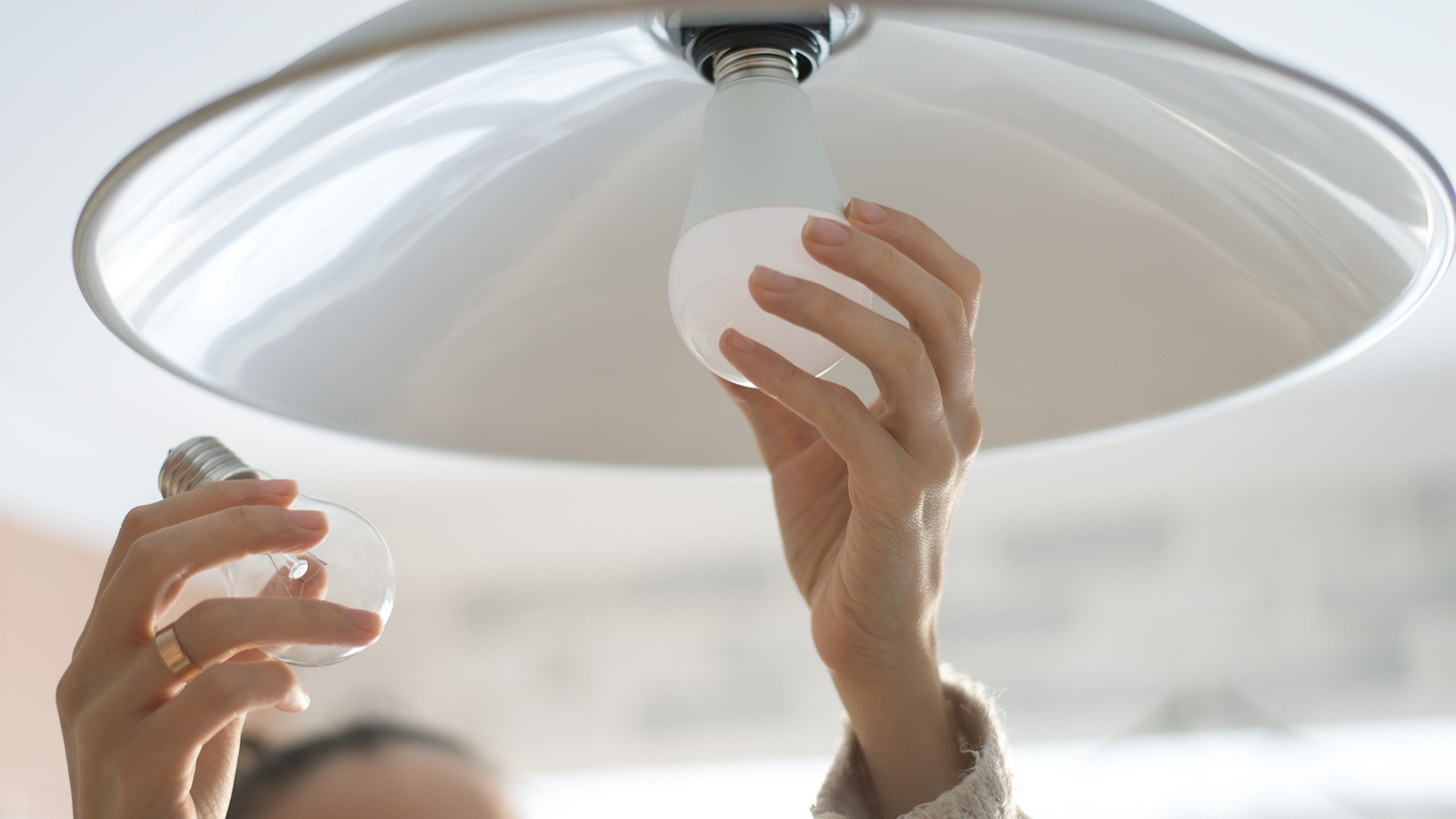
State legislators: Please support the Energy Savings Act
The Maryland legislature is considering bills in 2023 related to the state’s energy efficiency program, which is great news for Maryland energy customers.
Take Action
The Maryland legislature is considering bills in 2023 related to the state’s energy efficiency program, which is great news for Maryland energy customers.
EmPOWER Maryland has saved Marylanders a lot of energy and money. But according to a new report from Maryland PIRG Foundation, EmPOWER Maryland, while successful, could spark more energy savings, deliver more for low-income customers, and more adequately support the state’s climate goals
EmPOWER includes a utility run program of rebates, weatherizations and other efficiency updates, as well as similar programs targeted at limited income consumers, which are run by the state’s Department of Housing and Community Development (DHCD).
By reducing the amount of energy people consume and reducing the amount of infrastructure needed to provide that energy, efficiency improvements help ratepayers pay less on their utility bills. That’s because energy efficiency improvements are often a cheaper way for utilities to meet electricity demand than generating and distributing electricity.
Burning fossil fuels, both indoors and out, produces air pollution that can cause a range of health problems, from damage to the lungs and heart to cancer to mental health and cognitive issues.
By reducing fossil fuel combustion in buildings and from power plants, as well as the leaks of pollutants like methane associated with fossil fuel extraction and infrastructure, energy efficiency reduces greenhouse gas emissions and thus helps fight global warming and climate damage.
By reducing the amount of energy required to meet the needs of the public, energy efficiency reduces the total amount of dirty fossil fuel generation that must be replaced by clean renewable sources in order to protect public health and prevent the worst impacts of climate change. Energy efficiency also reduces the number of costly upgrades to electricity transmission and distribution systems that are needed, significantly easing the transition to renewable energy and reducing the time, costs and other resources required to make it.
While the program has been tremendously successful, it’s time to build on its success to better meet the needs of Marylanders.
Sen. Karen Lewis Young and Del. Lily Qi have introduced a bill, The Energy Savings Act, to update and improve the utility run part of EmPOWER Maryland looking at the structure of the program as well as its alignment with the states climate goals. Their proposal also helps implement a directive from the legislature to add greenhouse gas emissions reductions goals to the program in addition to continuing the program’s effective focus on weatherization and rebates for efficient electric appliances and home heating.
While the state has made clear its intention to shift away from fossil fuels to power our homes and buildings, as currently structured EmPOWER continues to provide rebates and incentives for fossil fuel appliances, locking families into decades of fossil fuel use, and does not allow incentives for switching to electric power for home heating and appliances.
A major factor in the importance of switching away from fossil fuels is that the climate and air pollution caused by burning fossil fuels in our buildings – such as in gas stoves or furnaces – both present threats to public health. In addition to producing greenhouse gasses, fossil fuel equipment also produces toxic air pollution. A recent study found that indoor air pollution from gas stoves alone is responsible for 12.7% of all childhood asthma cases and 13.5% of cases in nearby Pennsylvania. A separate meta-analysis found that living in a home with a gas stove increases a child’s risk of concurrent and lifetime asthma by 32%. Air pollution in general can cause a wide range of health problems, from cancer and damage to the heart and lungs to mental health problems, decreased cognitive functioning, impacts to fertility and even premature death. In the U.S. alone, air pollution is estimated to cause hundreds of thousands of premature deaths each year.
Additionally, the program has historically offered no direct incentives to the utilities to meet their goals, or penalties for failing to do so.
The legislature would be wise to adopt the Lewis Young and Qi proposal, which takes advantage of robust federal incentives for in-home electric energy efficiency upgrades and builds on the historic success of EmPOWER.
In addition, Sen. Brian Feldman and Del. Lorig Charkoudian have re-introduced bills to set performance targets for the low income program to ensure low-income homeowners aren’t left behind when it comes to energy savings. This bill passed in 2022, but was vetoed by then Gov. Hogan. The reintroduction is welcome news, and the legislature should send it to Gov. Moore as quickly as possible, because the current program has underdelivered for limited income households. According to a new report from Maryland PIRG Foundation.
Investing in energy efficiency is one of the smartest investments Maryland has ever made. Combined, these two bills ensure the state is working smarter to save more and pollute less.
Emily directs strategy, organizational development, research, communications and legislative advocacy for Maryland PIRG. Emily has helped win small donor public financing in Baltimore City, Baltimore County, Howard County, Montgomery County, and Prince George's County. She has played a key role in establishing new state laws to to protect public health by restricting the use of antibiotics on Maryland farms, require testing for lead in school drinking water and restrict the use of toxic flame retardant and PFAS chemicals. Emily also serves on the Executive Committees of the Maryland Fair Elections Coalition and the Maryland Campaign to Keep Antibiotics Working. Emily lives in Baltimore City with her husband, kids, and dog.